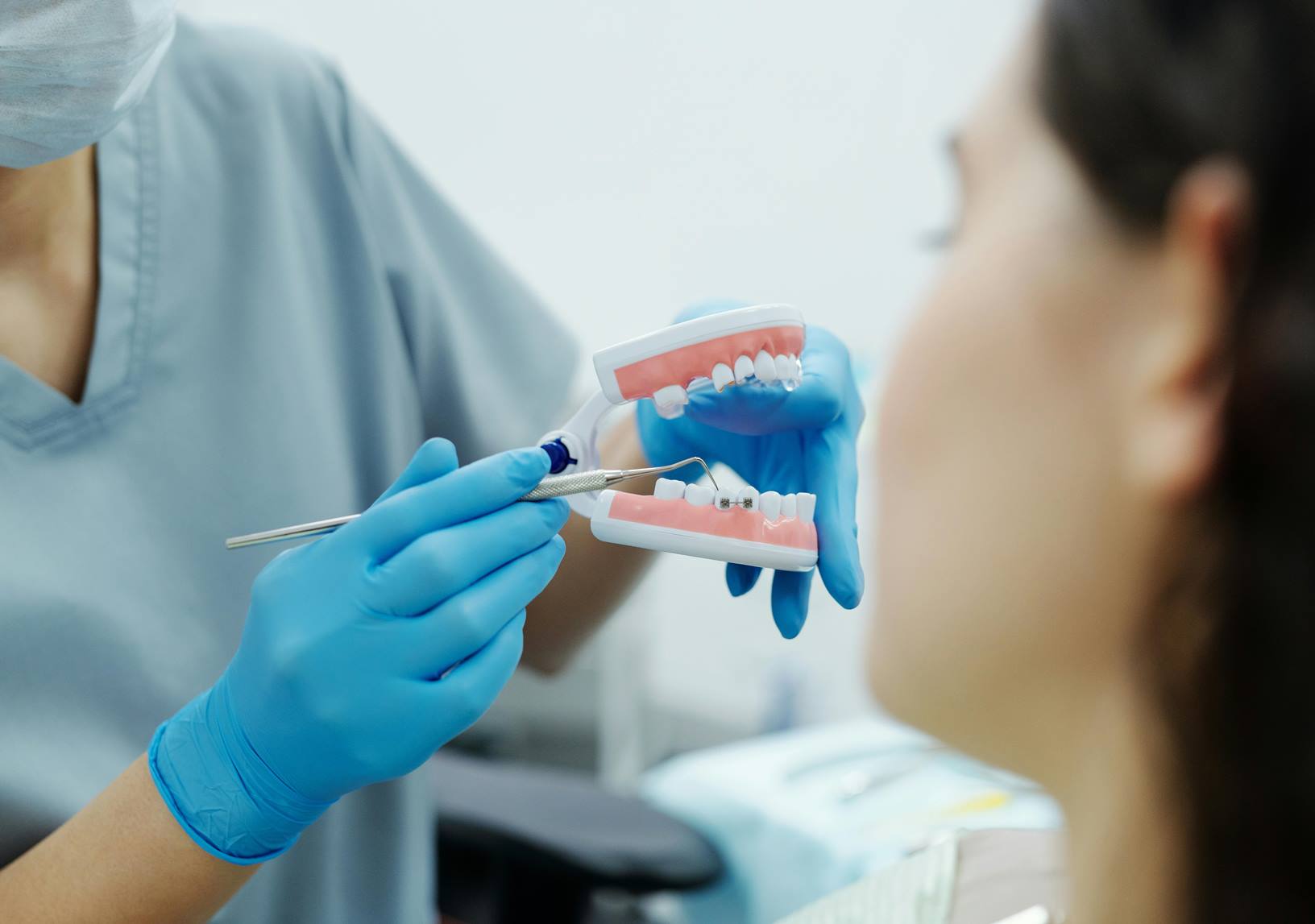Dental Implantology
Dental implantology is a branch of dentistry that offers permanent and aesthetic solutions for individuals who have lost teeth. Dental implants replace lost teeth, providing a natural appearance and function. This treatment method offers a long-lasting and reliable solution.
What is a Dental Implant?
A dental implant is an artificial root that replaces tooth roots. Usually made of titanium, these implants are placed into the jawbone, and a dental prosthesis, crown, or bridge is placed on top.

